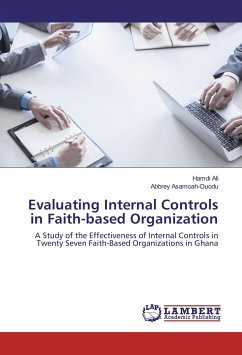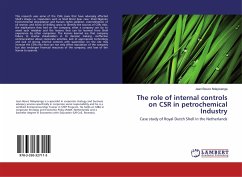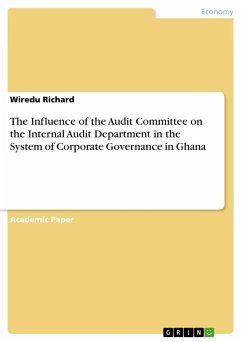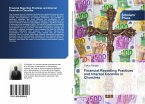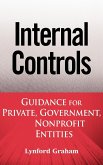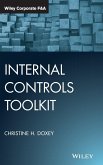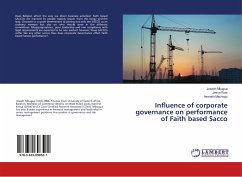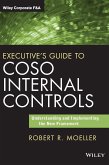Faith-Based Organizations have been attracting growing attention by governments and donors as worthy partners in developing economies. However, some financial improprieties and fraud have been witnessed calling into question the effectiveness of their internal controls(ICs). These controls are sometimes influenced by some religious doctrines. Earlier studies have been limited and focusing only on a narrow set of controls within FBOs. The present study, unlike earlier studies, adapted the COSO framework and conceptual model as a holistic approach to examine the ICs in twenty seven FBOs operating in Ghana. For that purpose, data were collected from several sources including internal officials (accountants, internal auditors, top management and board members) in addition to external stakeholders (donors and external auditors). The study concluded that weaknesses were identified in some IC components. In addition, some specific religious doctrines that impacted negatively or positively in these organizations were also identified. The study ends up with with recommendations to improve the ICS in the FBOs and pointing out areas for further research in the field.
Bitte wählen Sie Ihr Anliegen aus.
Rechnungen
Retourenschein anfordern
Bestellstatus
Storno

